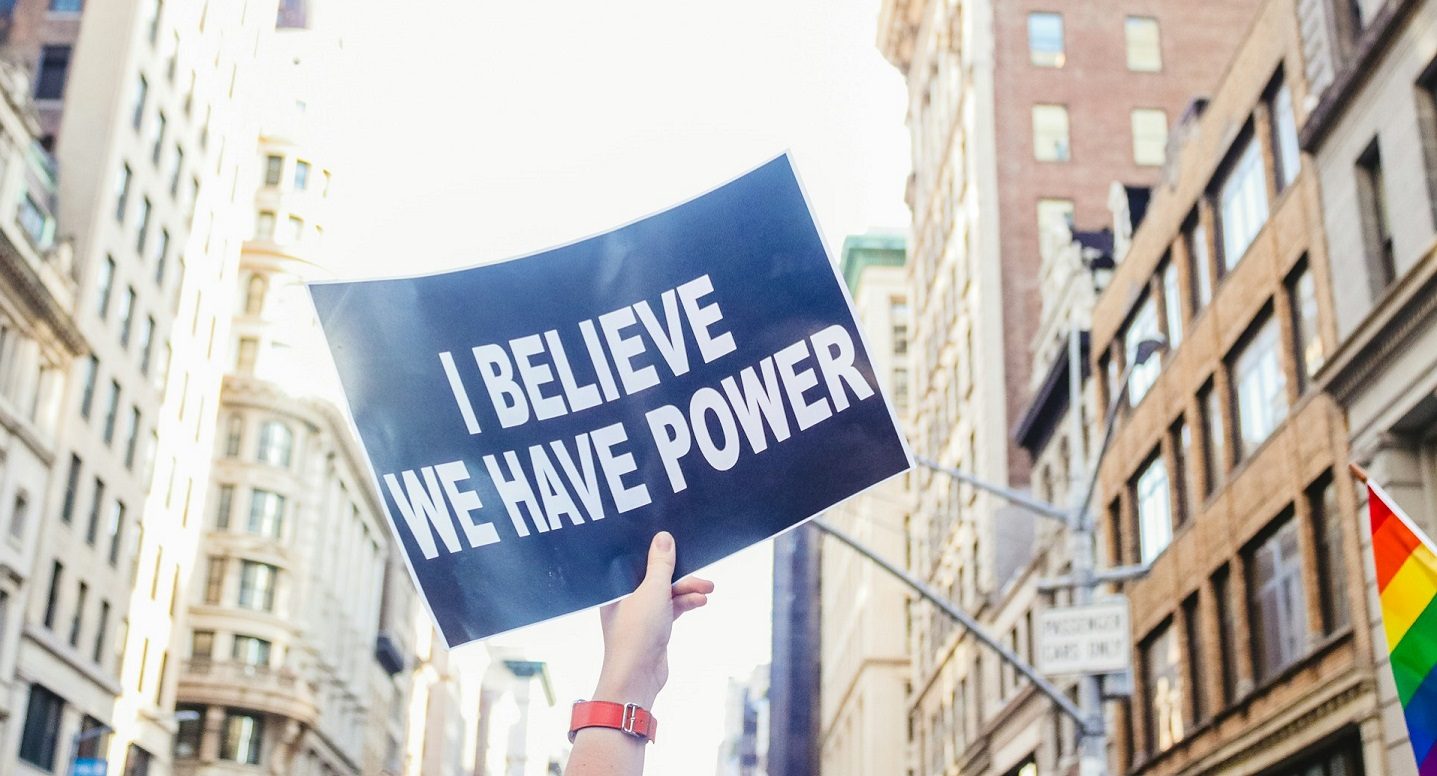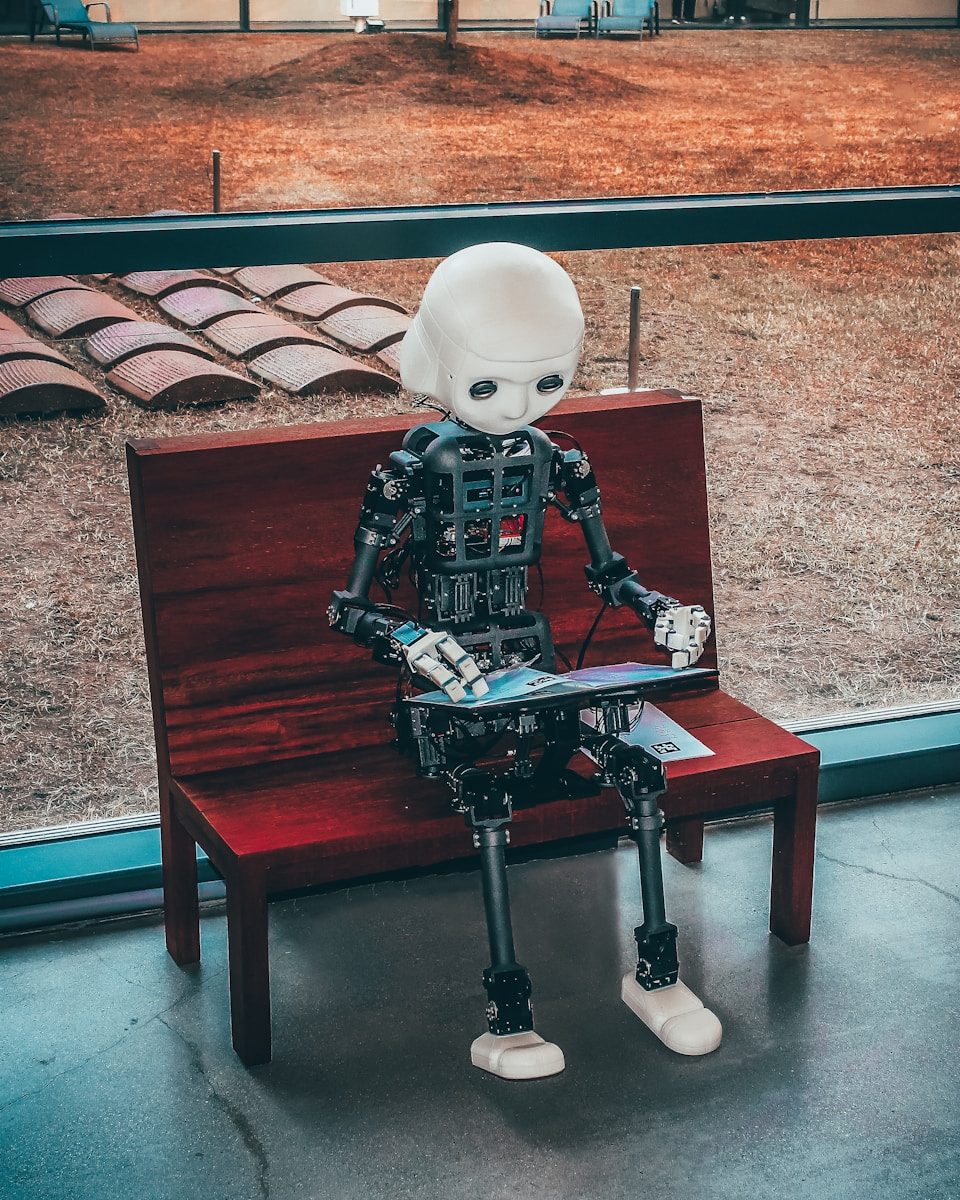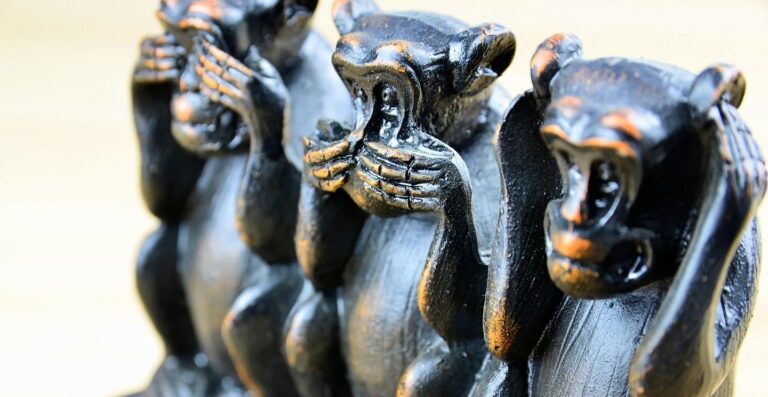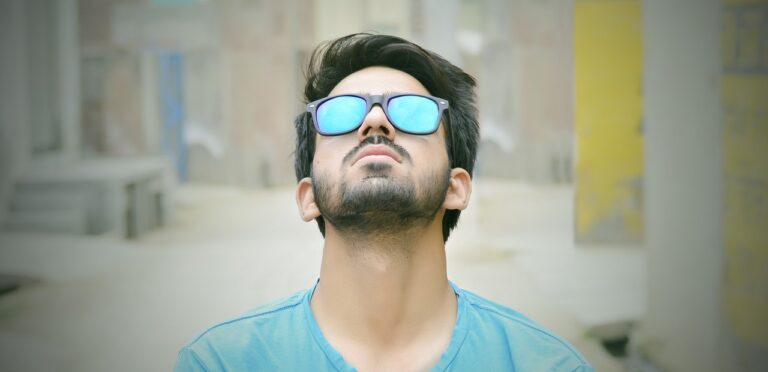Human beings are like moths to a flame when it comes to power. We crave it, we chase it, and we often get burned by it. From mastering control over our own bodies to exerting influence over others and the environment, the quest for power is as old as humanity itself. However, personal power — whether physical, cultural, financial, or of another type — is inherently limited and constantly challenged by various factors. So, what if there’s a different kind of power, one that doesn’t implode under its own weight?
Get ready for an exploration of the limitations that come along with our personal power and let’s consider a transformative perspective rooted in non-dual traditions, one that could reshape our understanding of governance and society.
The Nature of Personal Power
Let’s start with the basics. What is personal power? Some of the most obvious definitions could include:
- Physical Power: The ability to exert influence or control through physical strength, presence, or prowess, often manifesting in athletic performance or personal charisma.
- Expert Power: The influence derived from specialized knowledge, skills, or expertise in a particular field or domain.
- Referent Power: The ability to influence others through charisma, interpersonal skills, and likability.
- Information Power: The power that comes from possessing valuable or exclusive information that others need or want.
- Connection Power: The influence gained through one’s network of relationships and social connections.
- Intellectual Power: The ability to influence through superior reasoning, critical thinking, and problem-solving skills.
- Emotional Power: The capacity to understand, manage, and influence emotions in oneself and others.
- Creative Power: The ability to generate innovative ideas and solutions, often leading to influence in artistic or business contexts.
- Cultural Power: The capacity to shape societal norms, values, and beliefs through artistic expression, media influence, or the promotion of cultural narratives.
- Financial Power: The control and influence derived from wealth and economic resources, enabling individuals to make significant investments, fund initiatives, or sway markets.
- Technological Power: The ability to harness and manipulate technology to create innovations, improve efficiency, or influence communication and information dissemination.
- Political Power: The authority to make decisions and enforce laws within a governance structure, often held by elected officials or leaders who shape public policy and societal direction.
- Moral Power: The authority and respect earned through consistently ethical behavior and strong principles.
Being powerful is generally seen as desirable, and most of us put a lot of effort every day trying to increase our power in one or more of these domains. But the concept of personal power is much more complex than this.
Theories of Personal Power
The concept of personal power has been explored by various psychological and sociological theories. Here are some of the ways science explains personal power.
1. Self-Determination Theory (SDT)
According to SDT, developed by psychologists Edward Deci and Richard Ryan, personal power stems from the fulfillment of three basic psychological needs: autonomy, competence, and relatedness. This theory suggests that individuals feel most empowered when they have control over their actions, feel capable in their abilities, and have meaningful connections with others. In other words, it’s not just about being in charge; it’s about feeling like you’re in charge of your own life.
2. Social Cognitive Theory
Albert Bandura’s Social Cognitive Theory emphasizes self-efficacy as a key source of personal power. Self-efficacy refers to an individual’s belief in their ability to succeed in specific situations or accomplish tasks. This theory posits that personal power is enhanced through mastery experiences, vicarious experiences, social persuasion, and emotional states. So, if you believe you can, you are halfway there.
3. Power-Dependence Theory
Sociologist Richard Emerson’s Power-Dependence Theory views personal power in the context of social relationships. It suggests that power is not an attribute of an individual but rather a property of social relations. According to this theory, personal power increases when others are more dependent on you than you are on them. You are powerful if you are the only person in the office who knows how to fix the printer.
4. Foucauldian Perspective
Michel Foucault’s work on power offers a different view, suggesting that personal power is not something possessed by individuals but rather a dynamic that permeates all social interactions. This perspective challenges the idea of power as a finite resource and instead sees it as constantly negotiated and renegotiated in social contexts. Think of it as a dance, where the music can change at any moment, depending on how rules are introduced, sustained, or suppressed by the murmur of everyone’s conversation.
All these forms of personal power exercised individually and collectively play a crucial role in shaping our societies and governance systems. Democracies aim to distribute power among many people, promoting participation and collective decision-making. Autocracies, on the other hand, centralize power in a single ruler or a small group, often leading to repression and lack of freedom for everyone else. Despite these differences, both systems reflect our attitudes towards power as developed and owned by a person, alone or in interaction with others.
Limitations of Personal Power
While these theories highlight various sources of personal power, they also point to its limitations:
- Contextual Constraints: Personal power can be limited by social, cultural, and institutional factors beyond an individual’s control. We are all trying to fly while fettered to a multitude of chains.
- Psychological Barriers: Self-doubt, fear, and limiting beliefs can significantly hinder the expression of personal power. How could we be and achieve what we can’t even dream of?
- Relational Dynamics: As Power-Dependence Theory suggests, personal power is often contingent on relationships and can fluctuate based on changing social dynamics. Today’s ally is often tomorrow’s adversary.
- Structural Inequalities: Systemic inequalities based on factors like race, gender, and socioeconomic or geopolitic status can create barriers to accessing and exercising personal power. It’s not a level playing field.
But even if all factors should be perfect so that we are born with the absolute best conditions, resources, networks and advantages, and with no outer or inner challenges whatsoever, personal power can still only grow so far. There is bound to be a limit to the weights we can lift, the skills we can develop, the amount of information, money or influence we personally have. And if nothing else stops our expansion of personal power, death surely will.
The Implosion of Personal Power
While a focus on personal power can drive progress and innovation both individually and collectively, it also requires hierarchies and dominance over others. No matter how much financial, technological, creative or moral power we have accumulated, if everyone around has more, we are not seen as powerful. Personal power requires dominance.
This dominance is inherently unstable, as those who are subjugated or overshadowed will eventually seek to reclaim their autonomy and will strive for superiority. This cyclical nature of power dynamics — where today’s rulers become tomorrow’s subjects — highlights the impermanence and fragility of personal power. Historical examples abound of regimes rising and falling due to internal and external pressures, underscoring the instability of conventional power structures.
This constant chase for personal power is seen as the goal of life in many societies and consumes most our energy. However, for every winner, there are many who feel like losers. Sooner or later, the frustration leads to conflicts, abuse and a destabilization of entire societies.
The Power of Pure Consciousness
Non-dual traditions offer an alternative perspective on power, seeing it as a creative quality that has nothing to do with the person. If anything, the illusion of being a separate person can block the non-personal power that resides within our core consciousness.
In non-dual traditions, the entire world, along with each person and situation, is considered a projection and expression of non-personal, transcendent consciousness. According to this perspective, we don’t merely observe the world; we project it.
This means that complete power of creation resides within consciousness at any moment. Everything we perceive, the people and situations around us, our own bodies and the activity of our minds, all of it is a dream created by consciousness – in consciousness.
The End of the Struggle
If our sense of identity is grounded in the consciousness that projects the entire world-dream, then there is no need to fight for power in the dream, at least not in any seriousness. If you want anything to change, all you need to do is learn how to change the dream.
It is important to note that acknowledging the universal power of consciousness doesn’t negate personal power. There is no contradiction between having a lot of personal power, in other words, a lot of power in the dream, and being fully aware of your power as consciousness. You can evolve the personal character in any way you wish, but as long as you remain aware that it is all a manifestation of consciousness, you will remain powerful while personally humble, and will not need to fight for attention, compare yourself with others, dominate and subjugate.
You will simply expand what it means to be human, without hindering any other person from evolving. You will also be free to express yourself as someone without much personal power, if you so wish. Personal power is truly not mandatory for a great life, as long as you have the wholeness and full power of your creative consciousness at your disposal.
Implications for Governance and Society
Each of us can become conscious of this deeper power, and can learn to align with it. If we start to understand and apply the harmonious, creative mechanisms of our awareness consciously, many things can change on Earth.
Adopting personal humility and empathy along with this deep type of power could completely transform governance and society. It would eliminate the need for conventional power structures based on competition and dominance, instead giving rise to a system that recognizes and celebrates the intrinsic worth, interconnectedness, and consciousness-based power of all individuals.
Traditional democracy tries to allow every individual their personal rights, and is the best alternative we have in a world of separation. But the big flaw of democracy is that it remains dualist: the largest group wins the power, while everyone else loses it, at least until the power dynamics shift.
Instead, in the new systems, nobody will lose their power. These systems will be based on the insight that there is equal power of consciousness in everyone and their function will be to facilitate and share everyone’s creativity, while covering everyone’s multilevel needs, without hierarcies or dominance. New AI technology is already appearing to make this transition possible.
Final Thoughts
The pursuit of personal power, while natural, is fraught with limitations and challenges. It is important that we expand our understanding of the power of pure consciousness, as described in non-dual traditions, so we can move towards societies and forms of governance that are more inclusive, equitable, and sustainable. Evolving to new types of democracy would not only reflect our highest ideals but also nourish a deeper sense of unity and empowerment for all individuals. Embracing this perspective requires a shift in our sense of identity—from seeing ourselves as separate individuals with limited power to recognizing our true nature as one undivided, universally creative consciousness.
Image credit: Jakayla Toney, Unsplash
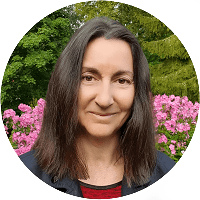 Aurora Carlson is an Ayurvedic counselor, meditation teacher, social worker, linguist, and the Chopra Foundation regional advisor for Sweden. Visit her on: auroracarlson.com.
Aurora Carlson is an Ayurvedic counselor, meditation teacher, social worker, linguist, and the Chopra Foundation regional advisor for Sweden. Visit her on: auroracarlson.com.


